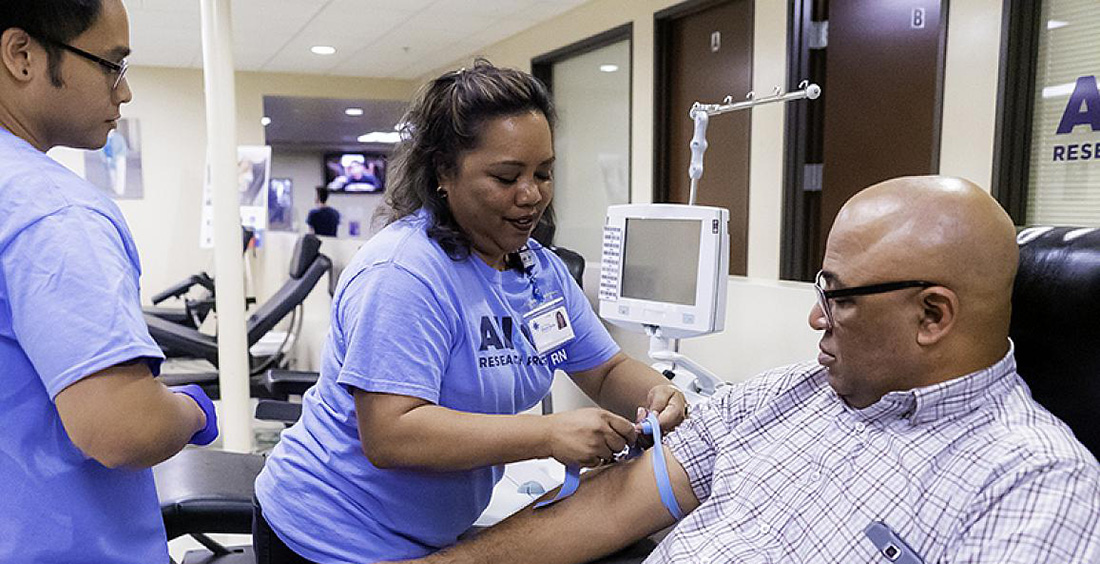
05 Oct Q+A: Coronavirus in Context: Including All of Us in clinical trials
JOHN WHYTE: You’re watching Coronavirus in Context. I’m Dr. John Whyte, Chief Medical Officer at WebMD. You know, there’s a lot of discussions around the COVID vaccine– about are we enrolling enough minorities. Well, guess what? That’s the question for every clinical trial, for every drug that we’re thinking about. And joining me today to help provide some insights into how to get more minority populations enrolled in clinical trials is Dr. Ed Ramos. Dr. Ramos is the Director of the Digital Clinical Trials at Scripps Research institute. Dr. Ramos, thanks for joining.
ED RAMOS: Absolutely. It’s a pleasure to be here. Appreciate the invite.
JOHN WHYTE: Let’s start off with this big research project that you’re part of called All of Us. Good name. What is that all about?
ED RAMOS: I mean, the name really sets the tone, because I think it is paradigm shifting for the National Institutes of Health in terms of the different research studies that they’ve supported in the past. And that is clearly identifying that there has been a challenge in the access that individuals have to research studies– not only the information that comes out of that but the opportunity to participate. And so All of Us, as a moniker and as a descriptor of the study, is really meant to embrace this new opportunity to come up with new methods for truly broadening participation in research studies and having the information that is gleaned from these studies be available to all individuals across the country.
JOHN WHYTE: Now, how is All of Us doing in terms of getting minorities to participate in clinical trials? You know, I spent time at the FDA working on who participates in clinical trials. And the numbers are strikingly low. You know, even on the site, I can look and see– and I just want to read this to our audience– that African-Americans are more likely to suffer from respiratory ailments than Caucasian Americans. But only 1.9%, less than 2%, of all studies of respiratory disease include minority populations. And you and I both know this is not unique to respiratory conditions. You know, even in diabetes, it’s typically less than 10%. And that’s a high number. But it’s the same for neurology, for cardiovascular. How do we change this?
ED RAMOS: Yeah, you know, unfortunately, that list is a long one in terms of examples. And they’ve been persistent over the decades regardless of amazing new breakthroughs that the NIH has supported in the past. And so I think there’s a number of approaches that are symbolized and captured within the All of Us research program that helped break that barrier. So the first is truly rethinking our relationship with the participant. And it’s potentially small things in terms of what we call our participants– so moving away from considering them subjects, but really considering them as partners in this effort. Establishing more of a bidirectional pipeline for information, so ensuring that obviously the researchers are gleaning a tremendous amount from the data that they collect. Read more …



